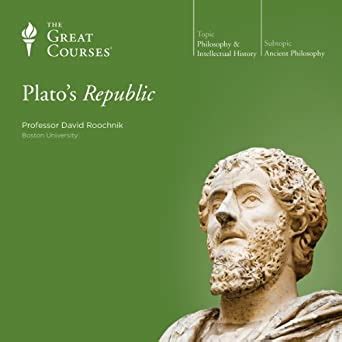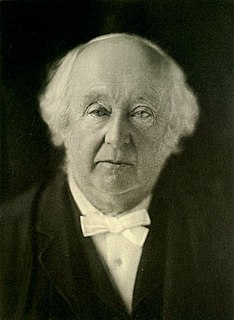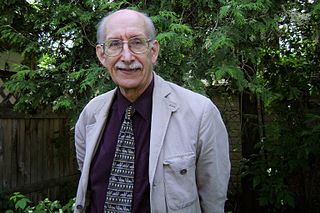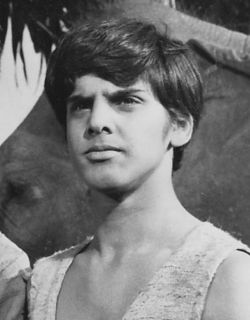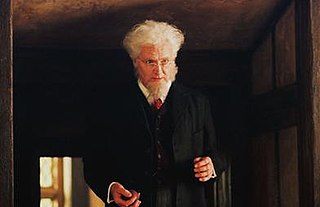A Quote by David Roochnik
First and foremost, note that Plato always wrote dialogues, and never attempted to produce a theoretical or scientific treatise. This is a big clue for me. From beginning to end, Plato was aware of the limits of theoretical and technical reasoning, and his dialogues are a massive exploration.
Related Quotes
Through Plato, Aristotle came to believe in God; but Plato never attempted to prove His reality. Aristotle had to do so. Plato contemplated Him; Aristotle produced arguments to demonstrate Him. Plato never defined Him; but Aristotle thought God through logically, and concluded with entire satisfaction to himself that He was the Unmoved Mover.
Today you can buy the Dialogues of Plato for less than you would spend on a fifth of whiskey, or Gibbon's Decline and Fall of the Roman Empire for the price of a cheap shirt. You can buy a fair beginning of an education in any bookstore with a good stock of paperback books for less than you would spend on a week's supply of gasoline.
Anything, even the conceptually most complex material, can be written for general audiences without any dumbing down. Of course you have to explain things carefully. This goes back to Galileo, who wrote his great books as dialogues in Italian, not as treatises in Latin. And to Darwin, who wrote The Origin of Species for general readers. I think a lot of people pick up Darwin's book and assume it must be a popular version of some technical monograph, but there is no technical monograph. That's what he wrote. So what I'm doing is part of a great humanistic tradition.
